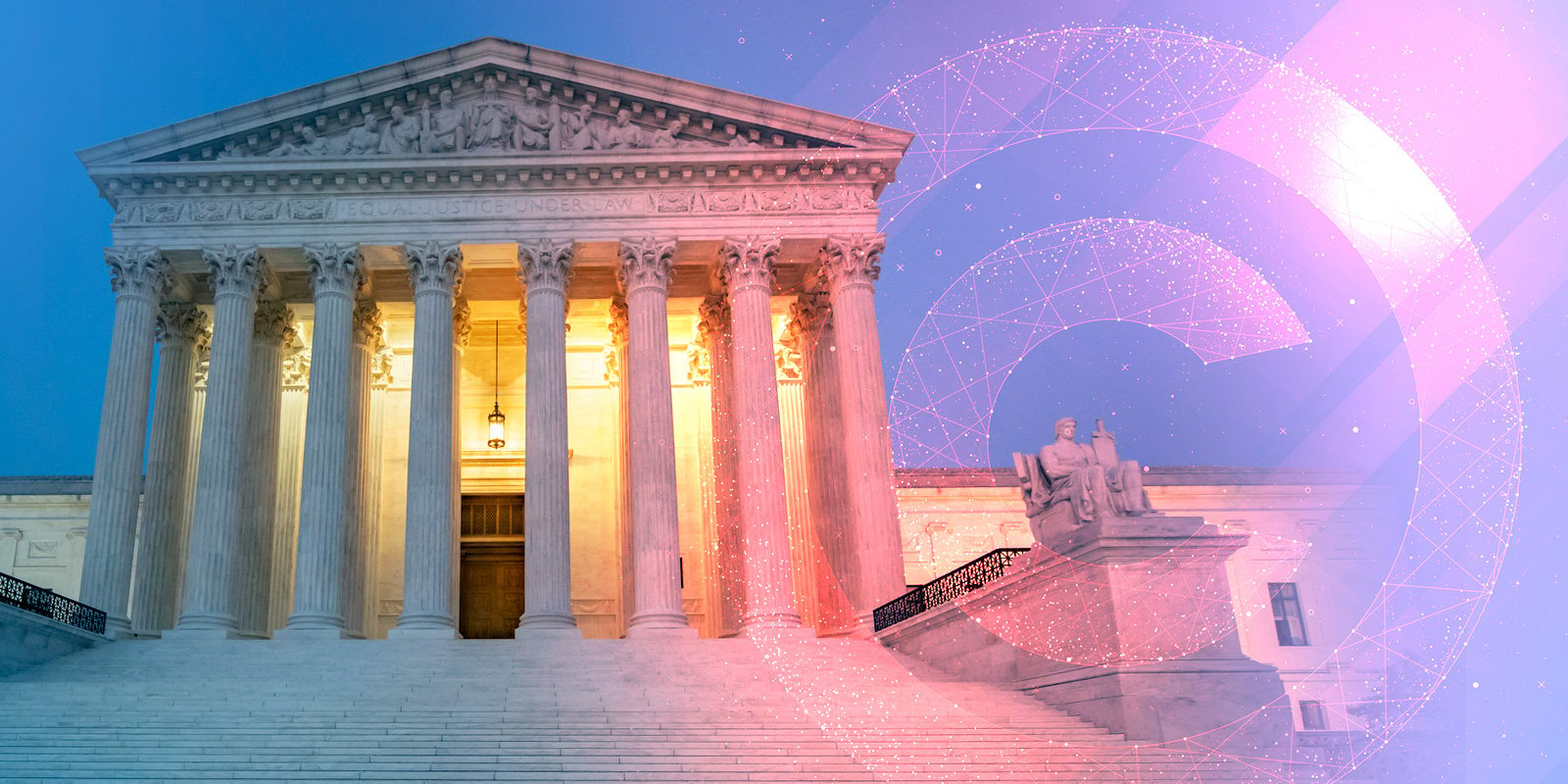
Honest Application Mistakes Do Not Invalidate Copyright Registration
The Supreme Court holds that the Copyright Act's safe harbor provision preserves the validity of a copyright registration notwithstanding an inaccuracy in the underlying application based on a good-faith mistake—regardless of whether the mistake is one of fact or law.
On February 24, 2022, the U.S. Supreme Court held that inaccurate information included in a copyright application stemming from an honest mistake (whether of fact or law) does not, as a matter of law, render the resulting registration invalid. Unicolors, Inc. v. H&M Hennes & Mauritz, L.P., Case No. 20-915. The Court vacated the Ninth Circuit's decision to the contrary.
The validity of the registration at issue in the case turned on proper construction of the phrase "with knowledge that it was inaccurate" from the Copyright Act's safe harbor provision, which provides that a registration certificate is valid, even if it contains inaccurate information, unless: (i) such information was included in the application "with knowledge that it was inaccurate" and (ii) the inaccuracy, if known, would have resulted in a registration refusal. 17 U.S.C. § 411(b)(1) (emphasis added). The Ninth Circuit held that the safe harbor provision excuses only good-faith mistakes of fact, not mistakes of law—dooming Unicolors's registration. But the Supreme Court disagreed and vacated that decision, holding that whether the mistake was one of fact or law was irrelevant.
Relying on the statutory text and nearby statutory provisions, the Court held that in this context, the word "knowledge" means actual, subjective awareness of both the facts and the law. The Court reasoned that the legislative history indicates Congress enacted the safe harbor provision (§ 411(b)) to make it easier, not more difficult, for nonlawyers to obtain valid copyright registrations.
The Court was careful to make clear, however, that courts need not automatically accept a copyright holder's claim that it was unaware of the relevant legal requirements and that willful blindness may support a finding of actual knowledge.
This decision confirms that the bar for invalidating a copyright registration based on errors in the underlying application remains high. Honest, good-faith mistakes will not generally invalidate a registration, although copyright holders cannot simply turn a blind eye to errors and expect to avoid the risk of invalidation.




